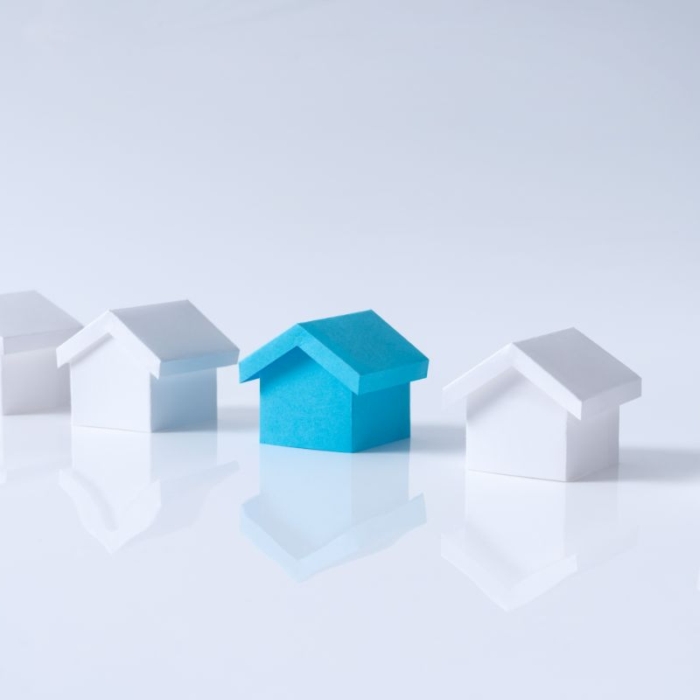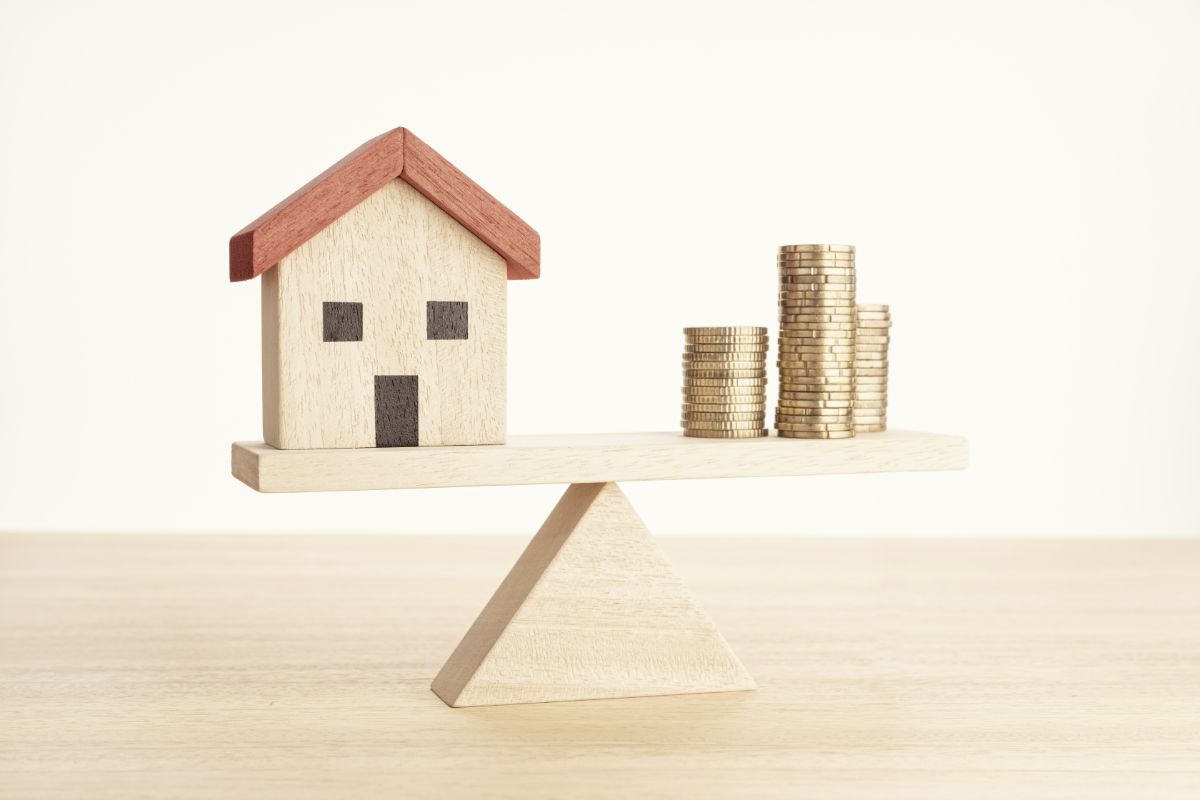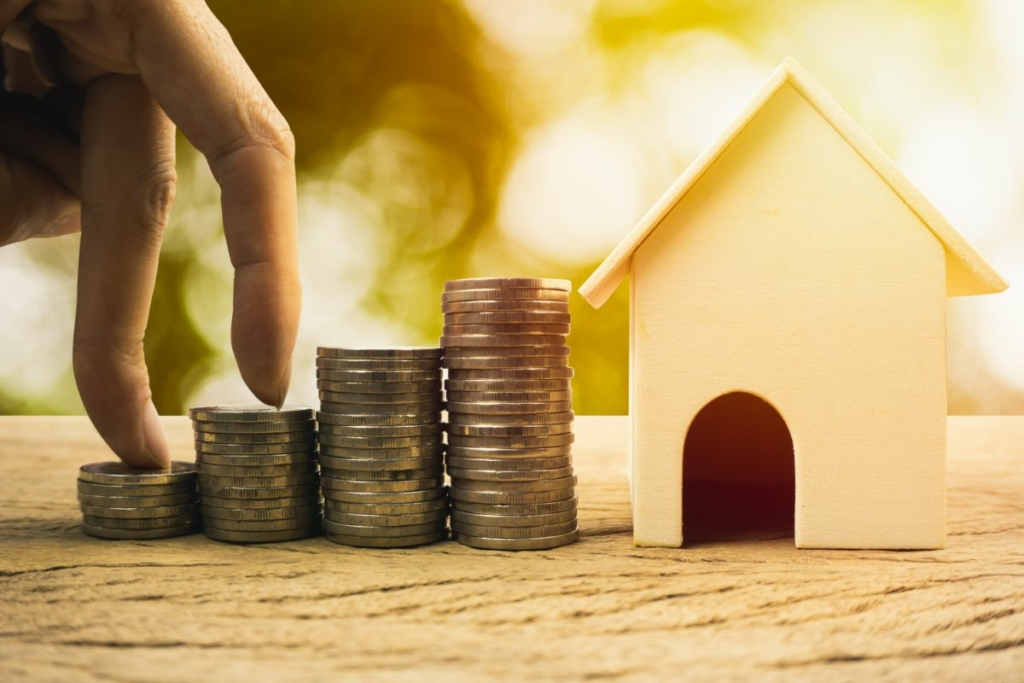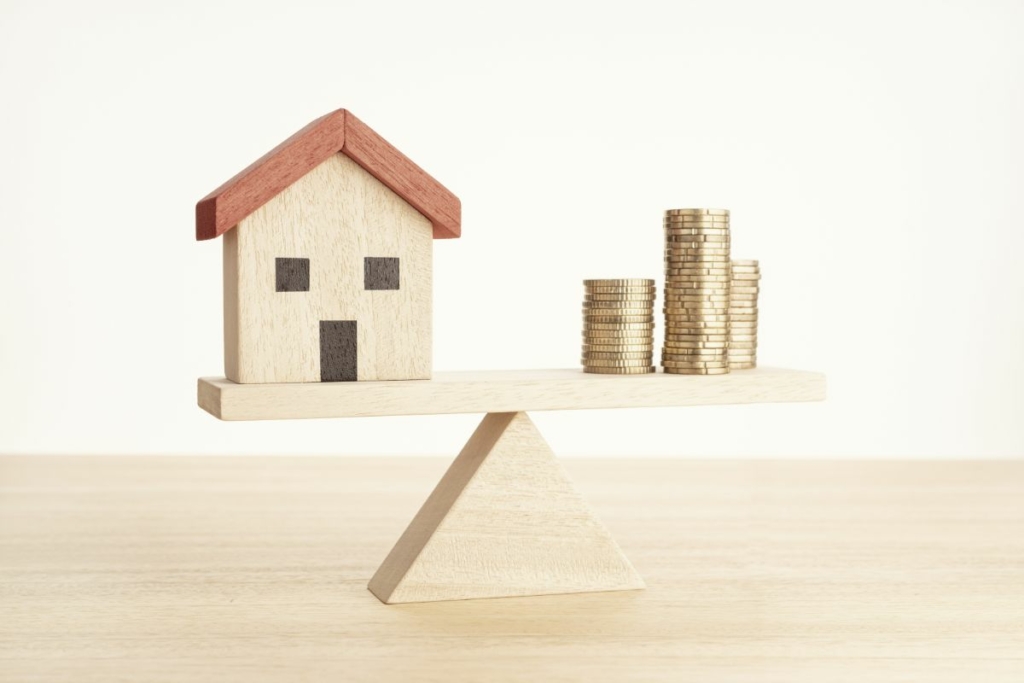Investing in real estate in the Philippines offers a combination of strong economic growth, favorable demographics, a thriving tourism industry, rising urbanization, rental income potential, and government support. These factors make the country an attractive destination for investors seeking long-term capital appreciation and steady cash flow.
As with any investment, it’s crucial to conduct thorough research, work with reputable developers, and consider local market conditions to make informed decisions. With the right strategy and due diligence, it can be a valuable addition to your investment portfolio.








